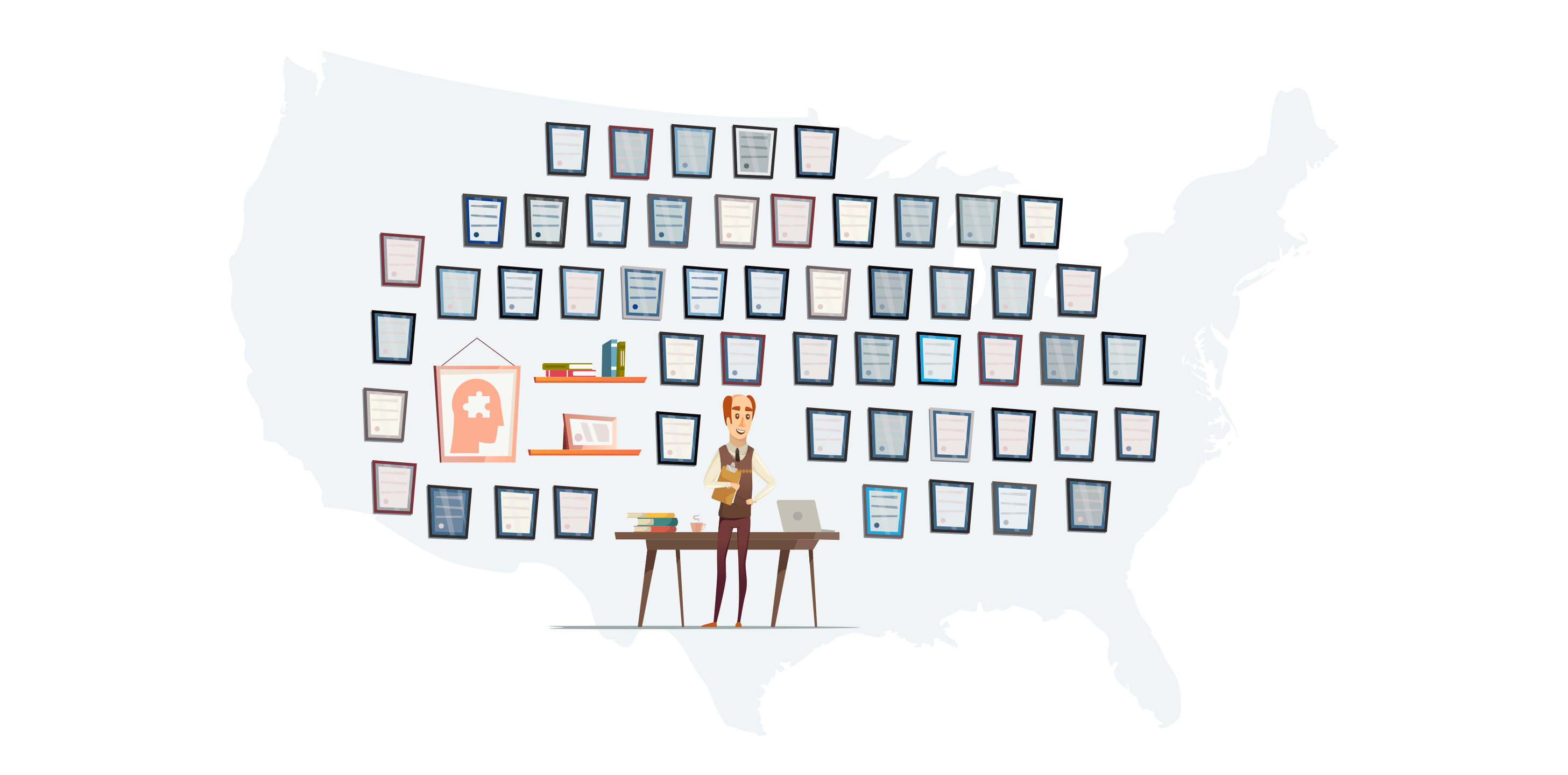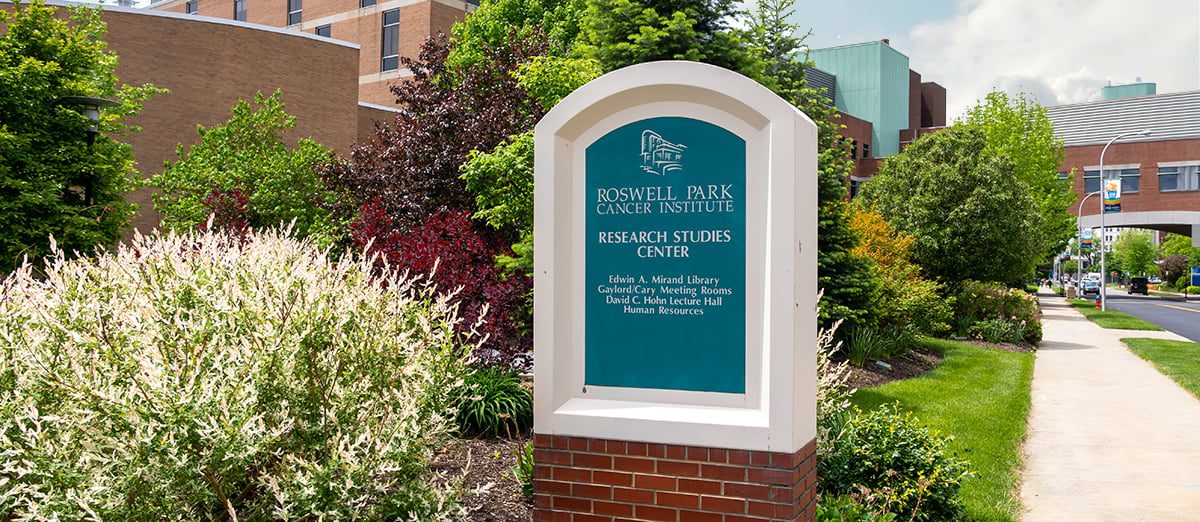Prior to the emergence and adoption of telemedicine, when your child became sick, you would start at your local pediatrician, and when it was serious, you would seek the best local specialty care, often from your local hospital. If you were lucky, your local hospital would either have a great pediatric department, or you would actually have access to a hospital that specialized in pediatric medicine. If it was complex or rare, and your local area did not have the expertise your child needed, you would need to choose between settling with the best they could offer, or seeking out the hospital with the right specialty.
This can mean packing your family up, and traveling to get the right kind of treatment and medical expertise your child needs. You may travel to multiple facilities before finding the right expertise or desired treatment. The list of burdens and disruptions this places on families is long, from potentially exposing a child’s fragile immune system throughout the journey, to disruption of schooling, a parent’s ability to work, medical and travel costs, as well as overall continuity. This all during a time where you want to bring some level of predictability and stability back into your child’s and your family’s lives. For some families, this has meant permanently relocating. For others, traveling or moving is simply not possible, and you must settle with the best expertise accessible locally.
Fortunately, that was then. While there is still room to grow, many children’s hospitals have recognized this need and have dramatically expanded access to care through online second opinion and consultation programs. Some of the nations top ranked children’s hospitals, from the east to west coasts, now offer online consultation services. This list includes, but is not limited to:






